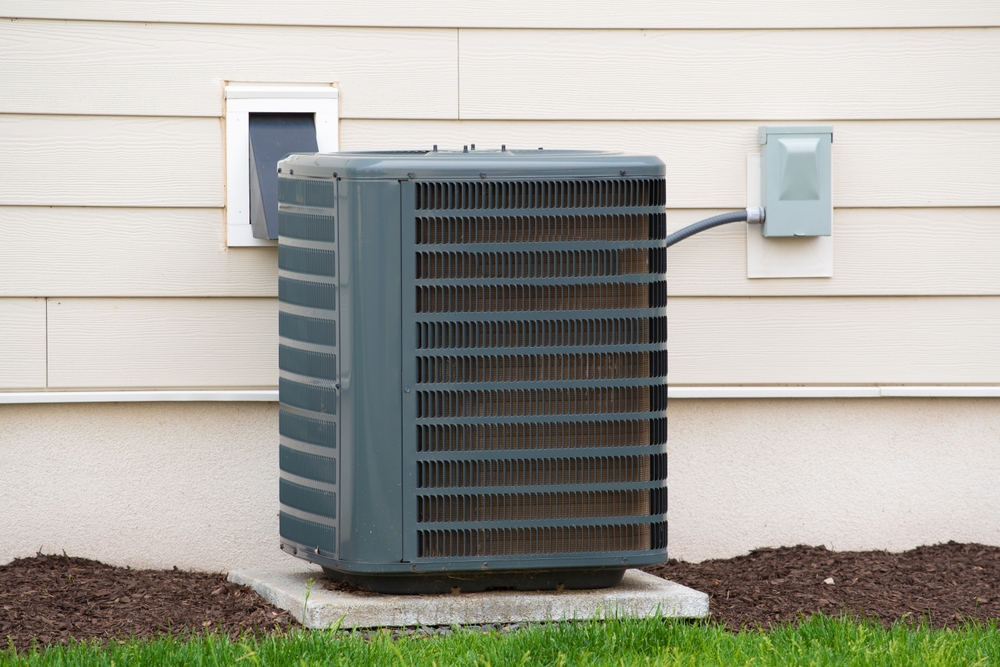
Are you looking to keep heating costs low during winter? The solution might be hidden in your walls and attic. Insulation is a powerful ally in maintaining heat and improving energy efficiency. Yet, many homeowners overlook its importance.
If you don’t upgrade your insulation following a heat pump insulation in Manchester, NH, you will likely suffer from drafty rooms and hefty energy bills. Here, we explore why you should upgrade your insulation and how it offers long-term savings and comfort.
How Poor Insulation Impacts Heating Efficiency
Insufficient insulation turns your heating system into a money pit. When heat escapes through poorly insulated walls, attics, or floors, your furnace or heat pump has to work overtime to maintain a comfortable temperature. This not only increases energy consumption but also shortens the lifespan of your heating system.
The Department of Energy shares that about 25% of heat loss occurs through the roof in homes without proper attic insulation. This effect is worsened without regular heat pump maintenance.
Sealing these gaps, then, should be a no-brainer. With proper sealing, you are sure to experience a reduction in energy waste, while improving efficiency.
Can Poor Insulation Lead to Property Damage?
Yes, inadequate insulation can cause serious property damage over time. Here’s how:
- Moisture Build-Up: Poor insulation leads to condensation forming when warm air meets cold surfaces.
- Frozen Pipes: Pipes are more likely to freeze and burst during extreme cold spells in an area with inadequate insulation.
- Roof Damage: Heat escaping through the attic can cause snow on the roof to melt unevenly, leading to ice dams that damage shingles and gutters.
Addressing insulation gaps not only improves heating efficiency but also protects your home from these costly issues.
Types of Insulation Homeowners Can Utilize
The right type of insulation must be chosen for your home’s problem areas. Here’s a breakdown of common options:
- Fiberglass: Affordable and widely used, fiberglass batts or rolls are ideal for walls, attics, and floors.
- Cellulose: Made from recycled paper, this eco-friendly option is often blown into wall cavities and attics.
- Spray Foam: This versatile option expands to fill gaps, providing excellent air sealing and thermal resistance.
- Rigid Foam Boards: These boards are best for basements and exterior walls, offering high insulation value in thin layers.
Consulting with an expert can help you determine the best insulation type for your home and budget.
DIY vs. Professional Installation
As with heat pump repair, DIY differs immensely from what you can get from a professional installation. While DIY insulation projects can save money upfront, they often come with hidden risks. Here’s a comparison:
DIY Insulation:
- Pros: Affordable and suitable for small or accessible areas like attics.
- Cons: Improper installation can leave gaps, reduce effectiveness, and potentially violate building codes.
Professional Installation:
- Pros: Allows for proper coverage and compliance with local codes. Professionals have access to advanced tools and materials.
- Cons: Higher upfront cost.
“A professional can identify problem areas that DIYers often miss, such as air leaks around recessed lighting or crawl spaces,” says an experienced insulation contractor.
How Insulation Impacts Home Value
Proper insulation doesn’t just lower energy bills, it can also add tangible value to your property. Energy-efficient homes are becoming increasingly attractive to buyers, with studies showing that homes with lower utility costs sell faster and at higher prices. Upgraded insulation is also a feature you can highlight in listings, appealing to eco-conscious buyers.
The Environmental Benefits of Proper Insulation
Beyond personal savings, insulation also benefits the planet. Well-insulated homes use less energy, reducing greenhouse gas emissions. Additionally:
- Reduced Fossil Fuel Dependency: Efficient heating lowers the demand for natural gas and electricity.
- Sustainable Materials: Options like cellulose and recycled denim insulation promote eco-friendly practices.
By upgrading your insulation with heat pump services, you’re contributing to a more sustainable future while enjoying immediate benefits.
Whether considering a DIY project or hiring a professional, the long-term benefits far outweigh the initial costs. By investing in insulation, you can improve heating efficiency, reduce energy bills, and protect your home from potential damage.
Are you looking to enhance your home’s comfort and value with insulation? Let us know how you plan on doing it down in the Comments.
